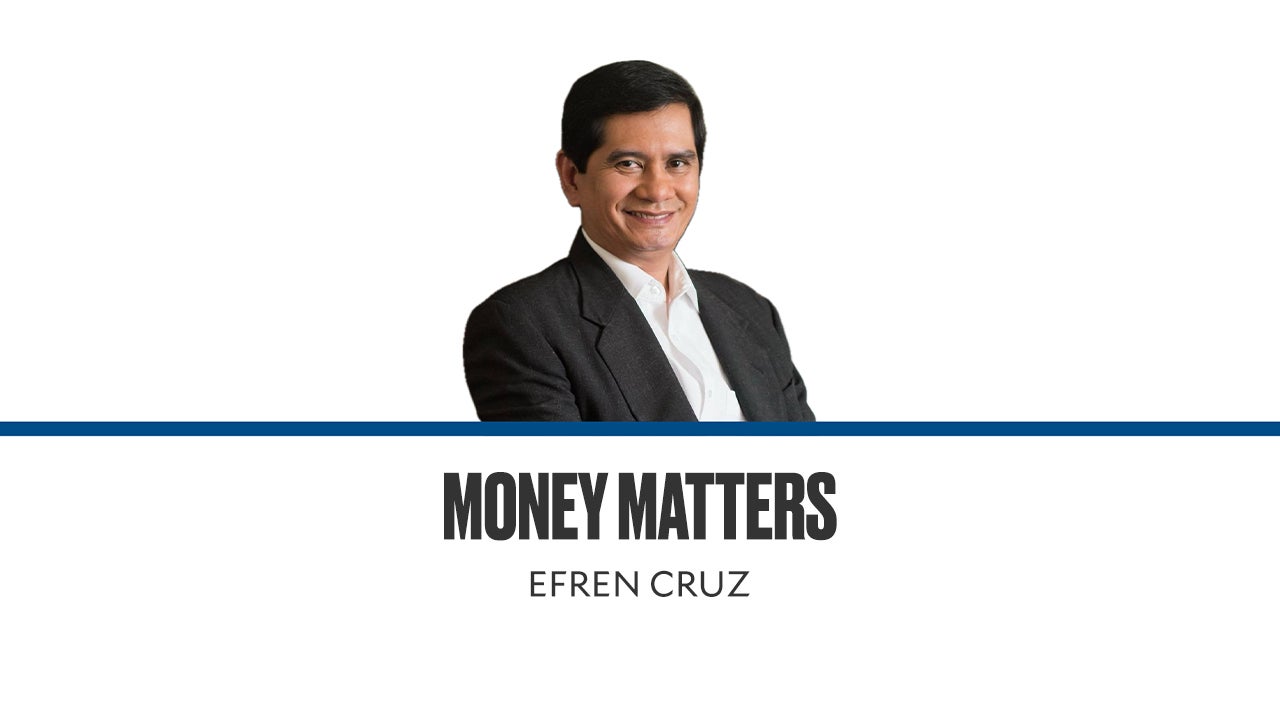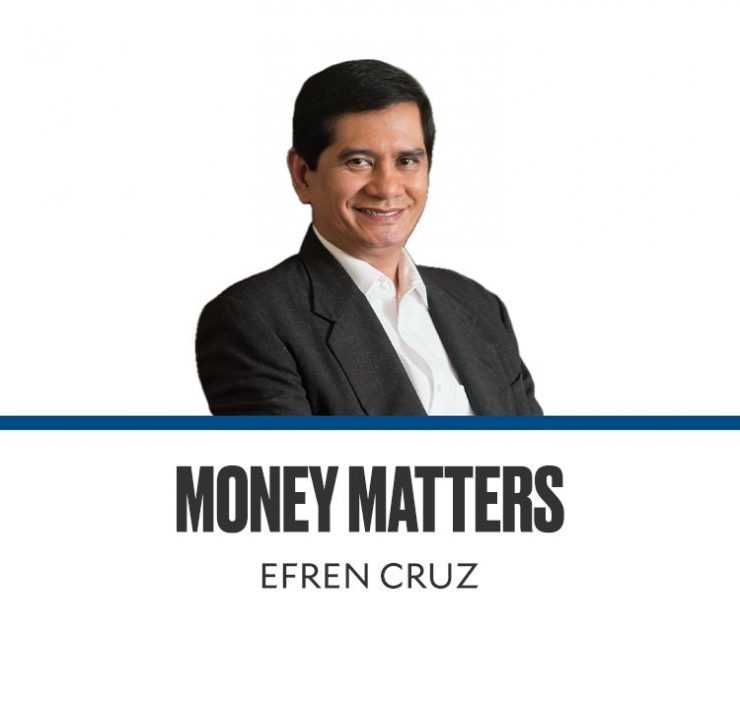A message for HR practitioners

Give a man a fish and you feed him for a day. Teach a man to fish and you feed him for a lifetime.”
While the proverb can be traced back to Anne Isabella Thackeray Ritchie (1885), the underlying wisdom is older as it appears in Jewish and other cultural teachings.
Let us put a pin on that and shift our focus on why people seek employment. The primary reason for a person to get employed is to earn a livelihood to cover basic needs like food, shelter, clothing, health care and other essentials. Beyond financial reasons, seeking employment can also serve the purpose or purposes of personal development, social interaction, sense of purpose or fulfillment and career growth.
These purposes for employment mirror Abraham Maslow’s hierarchy of needs, namely: physiological, safety, love and belongingness, esteem and self-actualization needs.
Maslow did not say that there was a strict hierarchy of needs. While physiological needs serve as the foundation, some individuals can go straight to pursuing the other needs even if the physiological needs have not yet been fully satisfied. But addressing physiological needs facilitates addressing the other needs.
It is, therefore, a safe bet that if an employee is financially free, he will be more open to pursuing personal development, social interaction, sense of purpose or fulfillment and career growth.
These can, in turn, lead to one or a combination of the following benefits for employers: a) improved employee attendance and reduced tardiness; b) less reliance by employees on overtime pay; c) more value placed by employees on the nonmonetary component of their compensation; d) less stressful collective bargaining agreement negotiations; e) employees being better prepared for retirement; f) an overall regard for the employer as being more supportive, caring and compassionate; and g) higher employee engagement and “malasakit” (compassion) for the company.
To paraphrase our earlier proverb, give employees their pay, and they are fed for a day. Teach employees to manage their pay, they are fed up to when they are old and gray.
To this end, our EnRich CD-RW (cash, debt, risk and wealth management) can serve as a good framework.
Everyone wants to have wealth so that they buy more than just the basic things in life for themselves and their families. Growing wealth requires investing, which is always with risk. And chief among the risks in growing wealth is the possibility that people may be called early from this life.
Would it not be great if there is a company that could cover all if not most of the wealth that still needs to be built upon an untimely death of the breadwinner/s? This is where risk management comes in (before wealth management).
Risk management is done by acquiring life, health and property insurance. The thing is that premiums are not inexpensive. For a sustained payment of such premiums year after year, a person needs to have a budget that is not overly burdened. Debt is the usual culprit that makes budgets very tight. That is why debt management should be practiced before risk management.
Note that debt management does not require a person to have zero debt, just good management. Good debt management means borrowing within the capacity to repay. Some financial planners even go far as to say that, ideally the monthly payments for debt should not amount to more than 36 percent of gross household income. This means that there is a need to have cash savings on top of emergency funds, savings that will eventually find their way to investing.
That is why cash management should be practiced before debt management. The EnRich™ CD-RW management framework may be applied to employees who are just being onboarded, to employees who are about to retire, and to employees in between. So, is your company teaching its employees how to fish?
Send questions via “Ask a Friend, Ask Efren” free service at personalfinance.ph, SMS, Viber, Twitter, LinkedIn, WhatsApp, Instagram and Facebook. Efren Ll. Cruz is a registered financial planner and director of RFP Philippines, seasoned investment adviser, bestselling author of personal finance books in the Philippines and a YAMAN coach. To consult with a YAMAN coach, email yaman@personalfinance.ph.
To learn more about personal financial planning, attend the 113th RFP Program this September. To inquire, e-mail info@rfp.ph or text 0917-6248110.


















